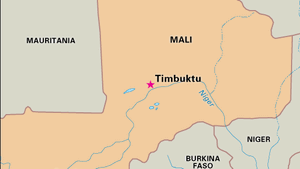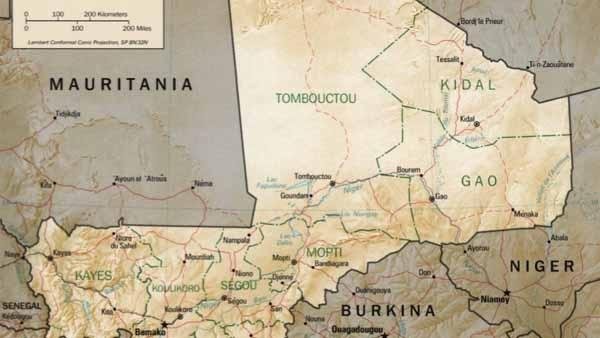Africa Map:6skg9ehnkji= Timbuktu

Africa Map:6skg9ehnkji= Timbuktu, often regarded as a historical jewel of Africa, embodies a complex narrative woven through trade, scholarship, and cultural exchange. Its significance as a center of learning during the Mali Empire has left an indelible mark on African heritage, with its unique architectural style and the vast collection of ancient manuscripts speaking to a rich intellectual tradition. However, as modern challenges threaten its legacy, the question arises: how can the preservation of Timbuktu’s heritage inform contemporary discussions about identity and resilience in Africa? The answers may reveal deeper insights into the continent’s future trajectory.
Historical Significance of Timbuktu
Although often romanticized as a distant and mysterious city, Africa Map:6skg9ehnkji= Timbuktu holds a pivotal place in the historical narrative of Africa, particularly during the height of the Mali Empire in the 14th to 16th centuries.
This city became a center of trade and learning, fostering a rich scholarly tradition that attracted intellectuals and merchants, thus contributing significantly to the cultural and economic landscape of the region.
Read more: Aesthetic:Xhx1m_Ggmcy= Cute:5kom-Kcsfl8= Profile Picture
Cultural Heritage and Landmarks
Timbuktu’s historical significance as a center of trade and learning is intricately linked to its rich cultural heritage and numerous landmarks, which collectively narrate the city’s storied past.
Its unique Timbuktu architecture, characterized by adobe buildings, exemplifies traditional design, while the invaluable Timbuktu manuscripts reflect the intellectual wealth of the region.
Together, these elements underscore the enduring legacy of this remarkable city.
Modern Challenges Facing Timbuktu
The resilience of Timbuktu is currently tested by a myriad of modern challenges that threaten its historical and cultural identity.
Economic development remains stifled by instability and limited infrastructure, while environmental concerns, such as desertification and climate change, jeopardize its unique landscape.
Addressing these issues is crucial for safeguarding Timbuktu’s legacy and fostering a sustainable future that honors its rich heritage.

Timbuktu’s Role in African Identity
Historically recognized as a center of trade, scholarship, and culture, Timbuktu holds a significant place in the narrative of African identity.
Its rich heritage fosters a unique Timbuktu identity, symbolizing resilience and intellectual achievement.
This symbolism transcends geography, reinforcing the notion of a shared African legacy, where the values of knowledge and cultural pride continue to inspire contemporary movements for freedom and unity across the continent.
Read more: Africa Map:1d04vkikyl0= Mt Kilimanjaro
Conclusion
In conclusion, Africa Map:6skg9ehnkji= Timbuktu enduring legacy as a center of trade and scholarship illustrates its pivotal role in shaping African cultural identity. The preservation of its historic manuscripts, such as those from the famed Ahmed Baba Institute, exemplifies the city’s intellectual contributions. Despite facing contemporary challenges, such as climate change and political instability, Timbuktu stands resilient, serving as a vital reminder of Africa’s rich heritage and the necessity of safeguarding its cultural landmarks for future generations.






